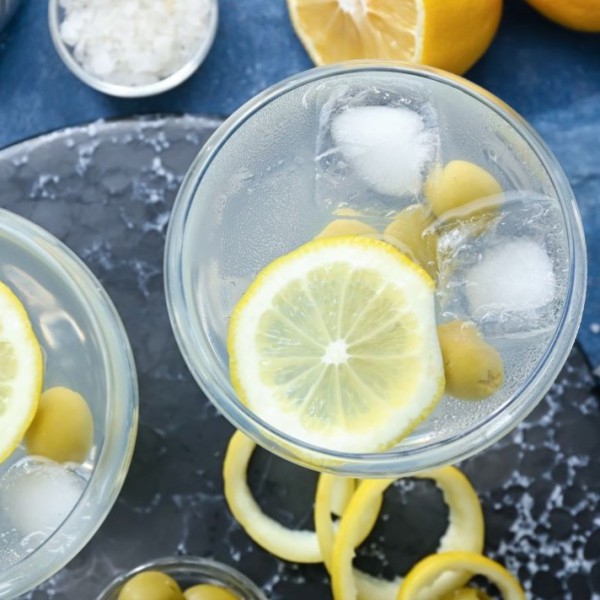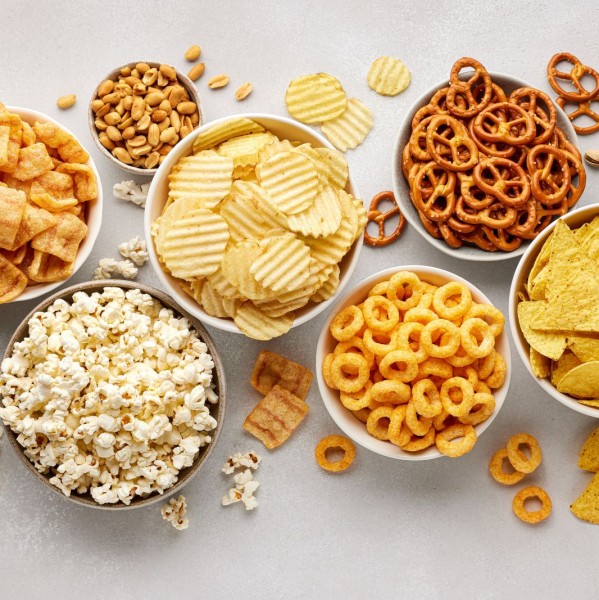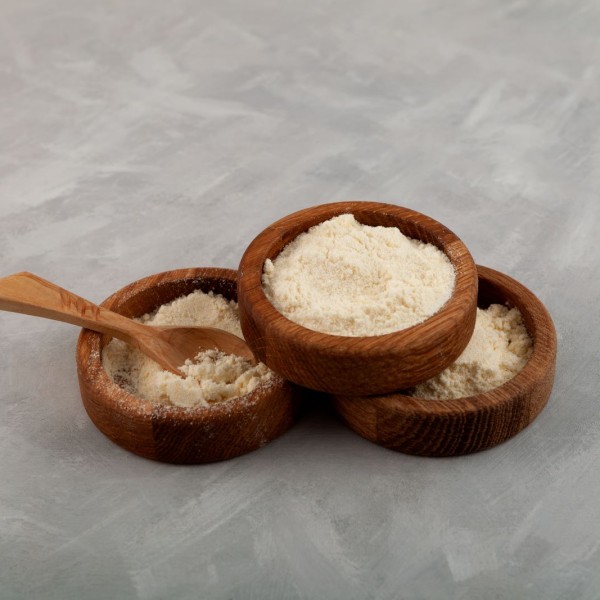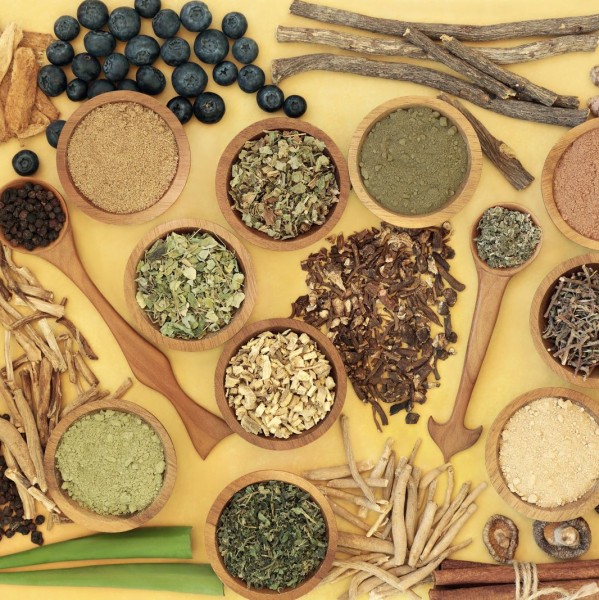Many myths have arisen around nutrition, which can be misleading, making it difficult to make the right food choices. Here are the most common of them.
Myth: Carbohydrates are fattening
Truth: Carbohydrates themselves are not fattening, and their effect on body weight depends on the quality of the products consumed. Studies show that consuming high-quality carbohydrates, as part of a balanced diet, can support metabolic health and weight control.
Myth: Most adults are lactose intolerant
Truth: Lactose intolerance is characteristic of the region of the world. For example, most adult Europeans retain the ability to digest lactose, while the majority of Asian and African people are intolerant to this sugar.
Myth: Gluten is harmful to everyone
True: Gluten is mainly harmful to people with celiac disease, wheat allergy, non-celiac gluten sensitivity and Dühring's disease. Other people should not limit it without clear medical indications.
Myth: You should not eat fruit in the evening
True: The secretion of digestive enzymes does not depend on the time of day, but on the type of food eaten. Studies show that eating fruit in the evening not only does not increase the risk of obesity, but actually promotes the reduction of body fat.
Myth: You should not combine carbohydrates with proteins and fats in the same meal
True: Enzymes are secreted together, regardless of what we eat. This means that regardless of what we consume, we will secrete compounds that will have the task of digesting both proteins, fats and carbohydrates. Therefore, the theory presented has nothing to do with reality.
Myth: Eating after 6 p.m. is fattening
True: It is not the time of the meal, but the total amount of calories consumed and expended during the day that affects body weight. What matters is what and how much is eaten, not when.
Myth: Raw vegetables are always better than cooked
True: Of course, raw vegetables bring a lot of health benefits, but there are cases when heat treatment increases the bioavailability of health-promoting compounds. An example is lycopene found in tomatoes or beta-carotene found in carrots.
Myth: Himalayan salt is healthier than other types of salt
True: Different types of salt have different health properties. Himalayan salt and sea salt contain natural minerals, and potassium salt can be good for people with hypertension. However, it is important to consume each type of salt in moderation, regardless of its type.
Myth: Juice detox is a great way to cleanse the body
True: The body has its own detoxification mechanisms. Special enzymes, liver, kidneys and skin are responsible for cleansing. In order to support the organs in their work, it is worth remembering about proper hydration, eating vegetables and fruits and avoiding external toxins.
Myth: Drinking coffee dehydrates and flushes out magnesium
Truth: The diuretic effect of coffee is visible primarily in people who drink it occasionally. Regular consumption does not cause dehydration and flushing out minerals. Interestingly, on the contrary, coffee is a source of easily absorbable magnesium.














